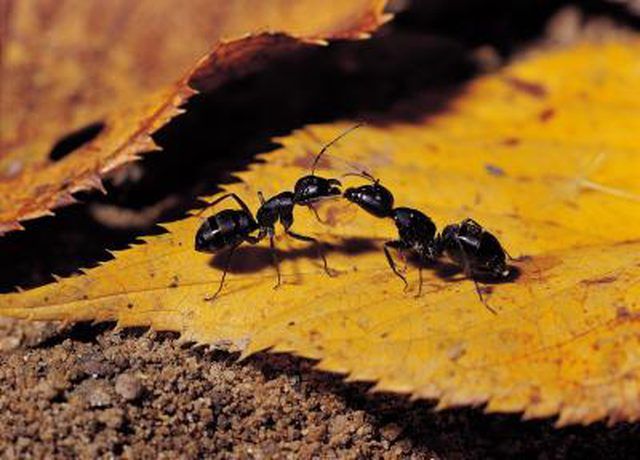Bulbs
Flower Basics
Flower Beds & Specialty Gardens
Flower Garden
Garden Furniture
Garden Gnomes
Garden Seeds
Garden Sheds
Garden Statues
Garden Tools & Supplies
Gardening Basics
Green & Organic
Groundcovers & Vines
Growing Annuals
Growing Basil
Growing Beans
Growing Berries
Growing Blueberries
Growing Cactus
Growing Corn
Growing Cotton
Growing Edibles
Growing Flowers
Growing Garlic
Growing Grapes
Growing Grass
Growing Herbs
Growing Jasmine
Growing Mint
Growing Mushrooms
Orchids
Growing Peanuts
Growing Perennials
Growing Plants
Growing Rosemary
Growing Roses
Growing Strawberries
Growing Sunflowers
Growing Thyme
Growing Tomatoes
Growing Tulips
Growing Vegetables
Herb Basics
Herb Garden
Indoor Growing
Landscaping Basics
Landscaping Patios
Landscaping Plants
Landscaping Shrubs
Landscaping Trees
Landscaping Walks & Pathways
Lawn Basics
Lawn Maintenance
Lawn Mowers
Lawn Ornaments
Lawn Planting
Lawn Tools
Outdoor Growing
Overall Landscape Planning
Pests, Weeds & Problems
Plant Basics
Rock Garden
Rose Garden
Shrubs
Soil
Specialty Gardens
Trees
Vegetable Garden
Yard Maintenance
How to Control Ants With Hydrated Lime
How to Control Ants With Hydrated Lime. Lime -- calcium oxide or calcium hydroxide -- comes in two manufactured forms: quicklime and hydrated lime; the latter will keep unwanted ants from invading your home or garden. Hydrated lime comes in a dry powder form and is normally used in building and engineering materials, but its chemical properties and...

Lime -- calcium oxide or calcium hydroxide -- comes in two manufactured forms: quicklime and hydrated lime; the latter will keep unwanted ants from invading your home or garden. Hydrated lime comes in a dry powder form and is normally used in building and engineering materials, but its chemical properties and scent also make it an effective tool for driving away small pests, like ants. There's more than one way to use hydrated lime to deal with ant populations.
Things You'll Need
Copper sulfate
Mix hydrated lime with copper sulfate and water -- called a Bordeaux mixture -- and sprinkle the mixture in areas where you don't want ants. However, avoid putting the mixture in areas where pets or people commonly tread, as copper sulfate is an irritant. Use a ratio of one part copper sulfate, one part hydrated lime and 100 parts water. For example, if you want about a gallon of the mixture, you would mix 1.28 ounces of hydrated lime and 1.28 ounces of copper sulfate with 1 gallon of water, since a gallon has 128 ounces.
Sprinkle a half cup of hydrated lime per square yard of lawn if the ant infestation is coming from your yard. Repeat every four weeks until the ant problem is gone.
Use the hydrated lime to make a barrier to keep ants out of certain areas. Apply it near openings where you see ants emerging.